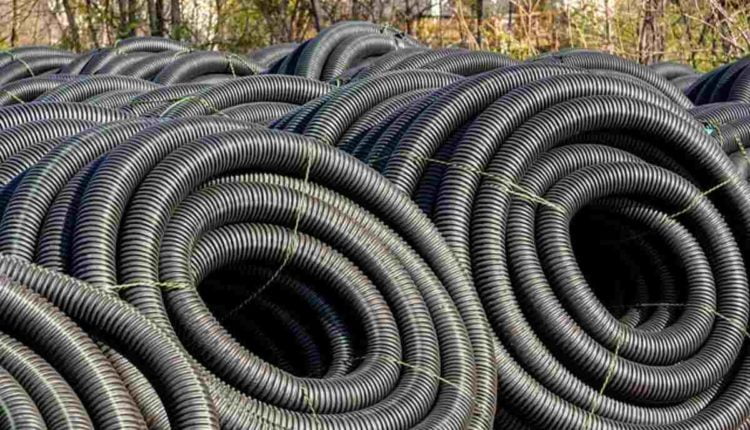It’s not usually a good idea to try drain cleaning and repair yourself if you don’t have plumbing skills because a clogged drain might lead to a broken drain. If you want to take good care of your plumbing, you should know when to hire a pro.
Sometimes, obstructions in the plumbing system form gradually over time. The water in your home may drain more slowly than usual. On the other hand, you could get up one day to find that your toilets and bathtubs aren’t working correctly and either won’t flush or drain or, worse, are overflowing and flooding your floors. If your plumbing is clogged, it may be an inconvenience and a nightmare at worst, so you’ll want to get it fixed as quickly as possible.
The question is whether you should quickly pull out the plunger and drain the opener liquid or dial the plumber. It all depends on the case’s specifics and the depth of your plumbing expertise. Think about how much money you have, how much experience you have fixing problems like this, and your options before deciding.
DIY Drain Repairs
If the drain is not entirely clogged, an ordinary plunger should be able to clear the obstruction. But you can’t just jump in blindly and hope for the best. Put the plunger over the sink, tub, or toilet drain and press down firmly to establish a watertight seal. Water can be pushed into and out of the drain by rapidly pumping the plunger up and down. Then, release the seal by popping the plunger. Small obstructions should be flushed away after being loosened. You can try this method multiple times, but if the clog persists, you may need to hire a plumber. Even if you follow the instructions on the bottle, the acidic components in drain opening liquids might damage some plumbing fittings.
Expert Plumbing Repairs
Plumbers clear pipes for a living, so they have far more experience and training than you do when dealing with hazardous blockages. They have the knowledge and skill to fix plumbing problems and the equipment to do it. A plumber can use a drain snake or drain auger to work its way down the affected line and displace the obstruction. Rooter service expands on this concept by mechanically removing obstructions from pipes, such as tree roots. Hydro-jetting is an even more cutting-edge technique, which involves directing a high-pressure water stream through pipelines to clear them of years’ worth of built-up muck and obstructions. If standard drain maintenance procedures like plunging and snaking don’t work, your plumber may need to resort to more extreme measures.
Treatment Avoidance Is Always Preferred.
You can take measures to maintain clear drains after having them professionally cleaned, or if you want to avoid the hassle of dealing with clogged drains altogether. Use a strainer over the bathroom sink or shower drain to prevent hair and other debris from entering the pipe and causing a clog. Don’t pour grease from cooking down the sink if you have a problem with clogs. The grease will solidify in the drain and trap food particles. Do not put anything in the toilet besides toilet paper and other “flushable” things. Of course, you can also schedule regular drain cleaning as part of your preventative maintenance schedule.
Until it stops working, you probably don’t consider how hard your plumbing system works. However, if you take care of your pipes and drains today, you can ensure they will last for many years. Avoiding major bottlenecks and backups requires focusing on minor problems as they arise.
Aglaia Rara is a senior Internet marketing strategist at Prospect Genius, an industry pioneer in regional web advertising, and a proud homeowner.
Read also: Rattan Furniture For Small Spaces – Maximizing Functionality And Style


